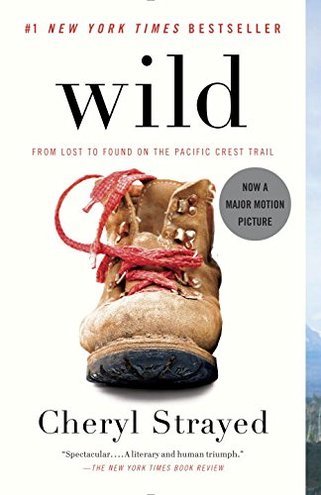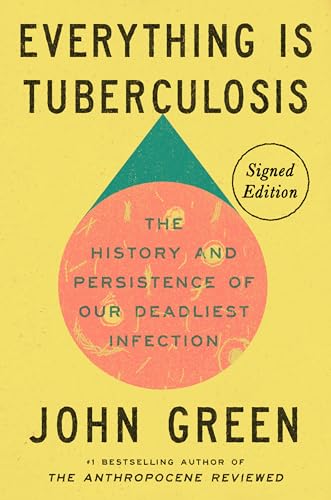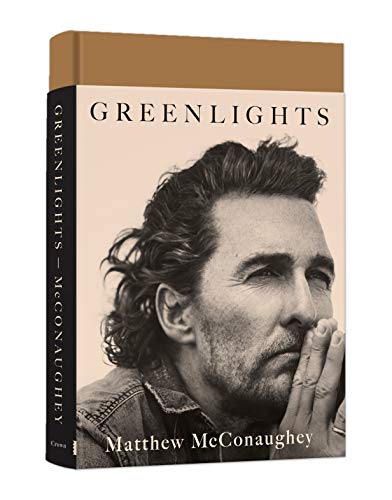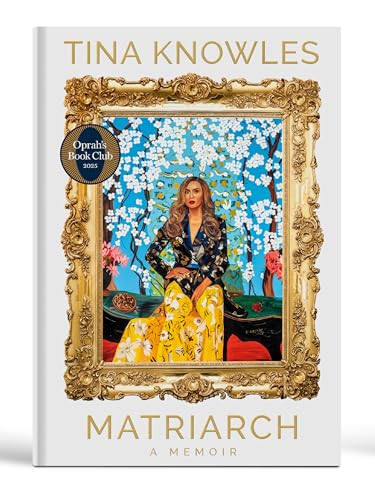Review of WILD
by Johny McFliggen, PhD Literature & Business, Oxford
"WILD" by Cheryl Strayed is a testament to the human spirit's indomitable will to rise from the ashes, much like a phoenix, albeit with blistered feet and a slightly less majestic gait. Strayed embarks on an 1,100-mile odyssey along the Pacific Crest Trail—an adventure as grueling as Frodo's journey to Mordor, but with more mosquitoes and fewer orcs. Her memoir is a raw excavation of grief and redemption, a tale that reveals the path to self-discovery is often littered with granola bars and existential dread.
Strayed's narrative is a fusion of rugged physicality and soul-baring introspection. One cannot help but draw comparisons to Elizabeth Gilbert's "Eat, Pray, Love," yet where Gilbert seeks enlightenment through culinary indulgence and spiritual retreats, Strayed finds solace in the relentless challenges of the trail. Her journey is less about indulgence and more about endurance, a gritty pilgrimage through both wilderness and personal turmoil.
The structure of "WILD" intertwines Strayed’s present-day trek with poignant flashbacks that reveal the tumultuous past she is escaping. It's a literary technique reminiscent of the fragmented storytelling in "The Hours" by Michael Cunningham, where past and present coalesce into a cohesive narrative tapestry. Each step on the trail brings Strayed closer to understanding, her physical trials mirroring her internal struggles—a metaphor that might seem heavy-handed if it weren't so profoundly executed.
Cheryl Strayed's prose is unflinchingly honest, her descriptions of the natural world vivid enough to rival those in Jon Krakauer’s "Into the Wild." Yet while Krakauer's narrative ends in tragedy, Strayed's memoir offers a narrative of hope and survival. Her encounters with wildlife and solitude are not just obstacles; they are catalysts for transformation, underscoring nature's role as both adversary and ally.
Critics have lauded "WILD" for its emotional depth, though some have noted moments of introspection that verge on indulgence. Yet it is precisely this candid exploration of her flawed humanity that resonates deeply. Strayed does not seek to justify her past but rather to understand it, a journey of self-forgiveness that many readers find profoundly relatable.
The book's success, bolstered by an Oprah’s Book Club selection and a Hollywood adaptation featuring Reese Witherspoon, speaks volumes about its cultural impact. "WILD" stands as a beacon in the memoir genre, a reminder that the road to redemption is often rugged and unpredictable, but ultimately rewarding.
In essence, "WILD" is not merely a tale of hiking boots and wayward compasses; it is a declaration of resilience. Strayed’s journey reminds us that while we may lose ourselves along life's winding trails, there is always hope for finding our way back, perhaps wiser, certainly wearier, but undoubtedly stronger.
Purchase Link: WILD on Amazon



